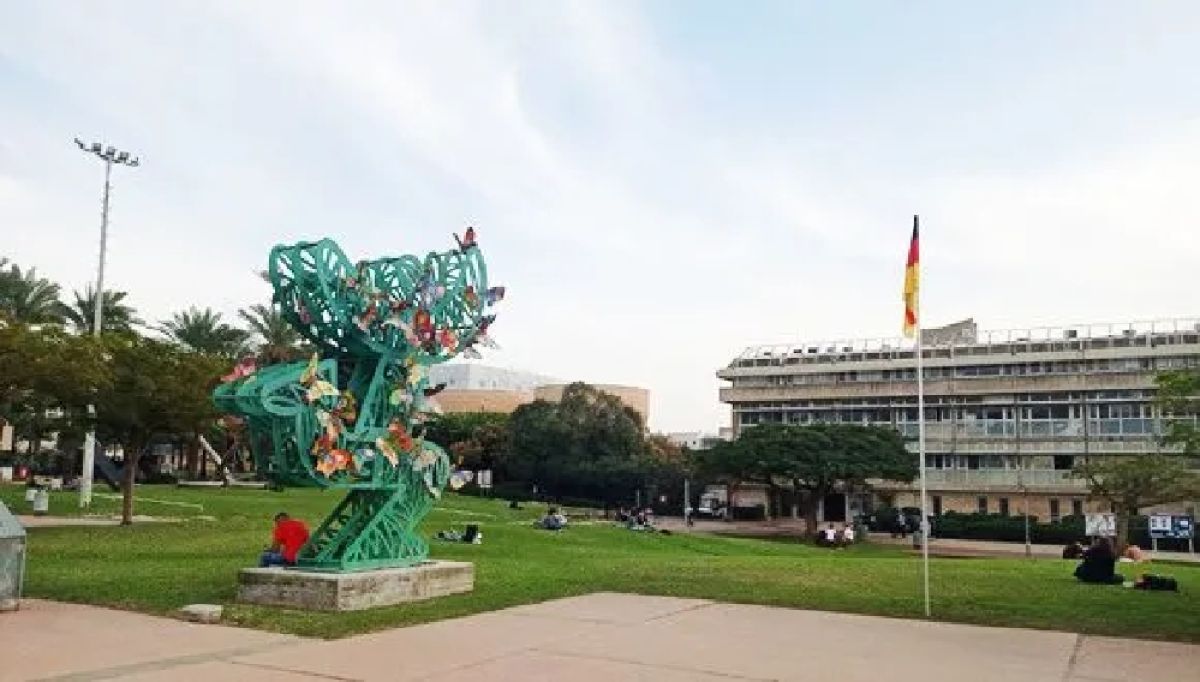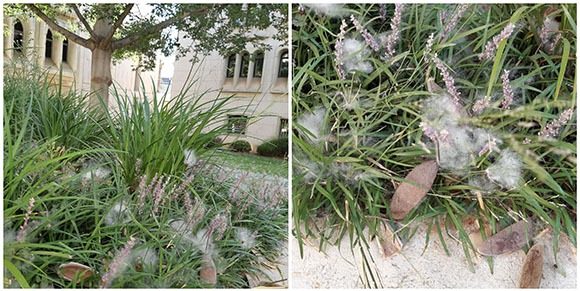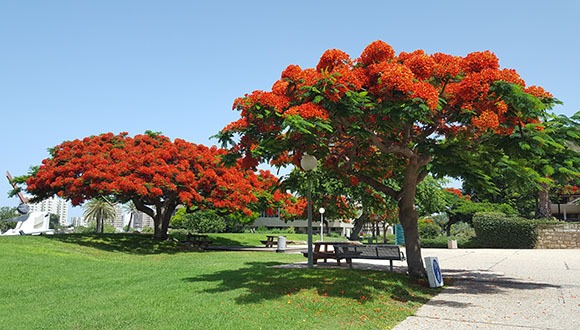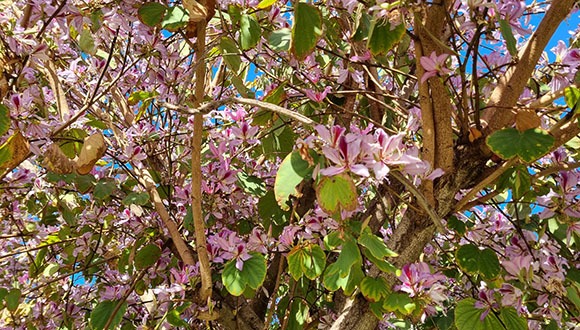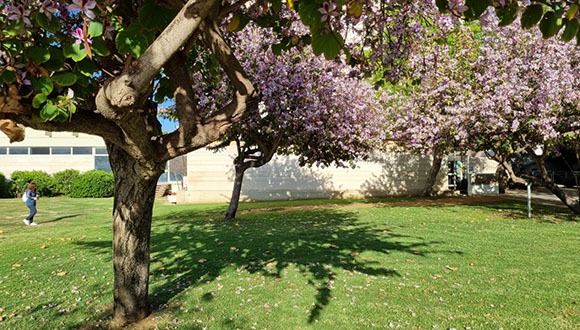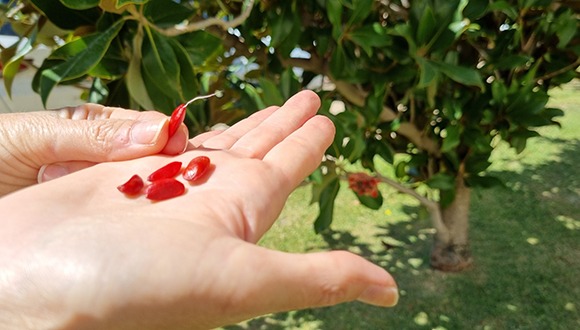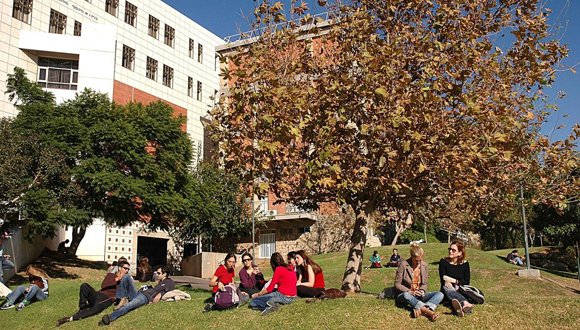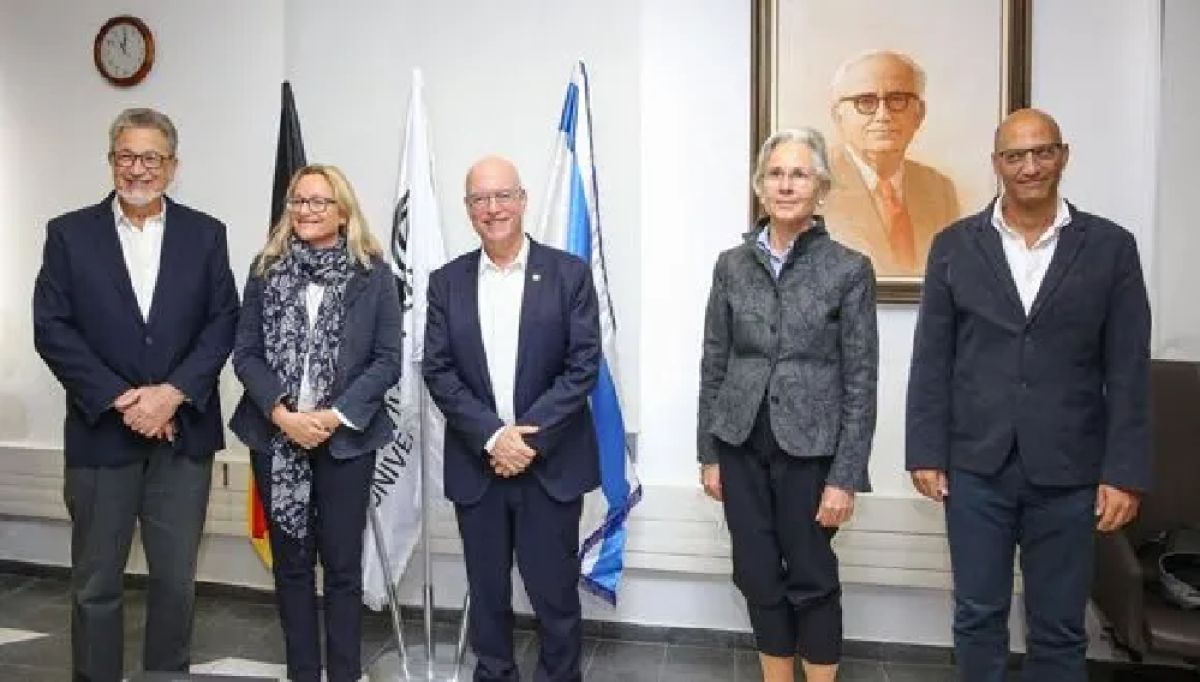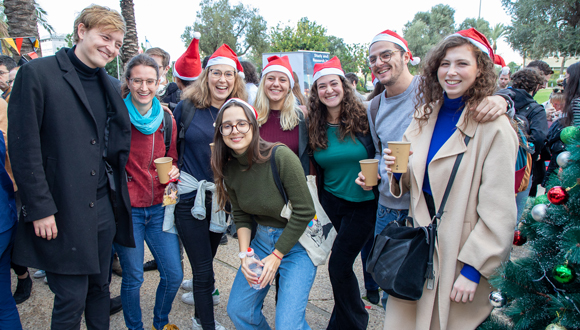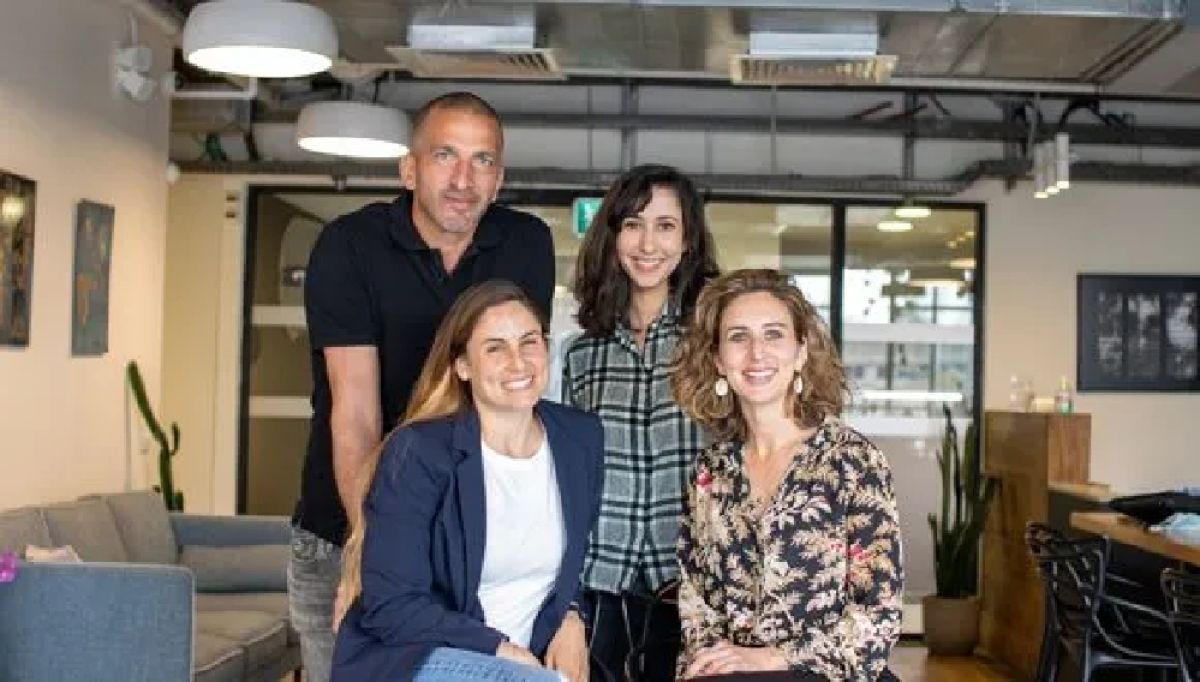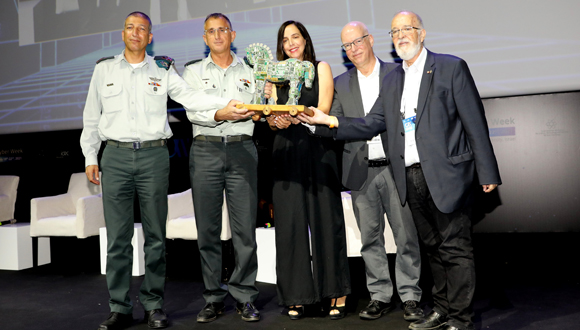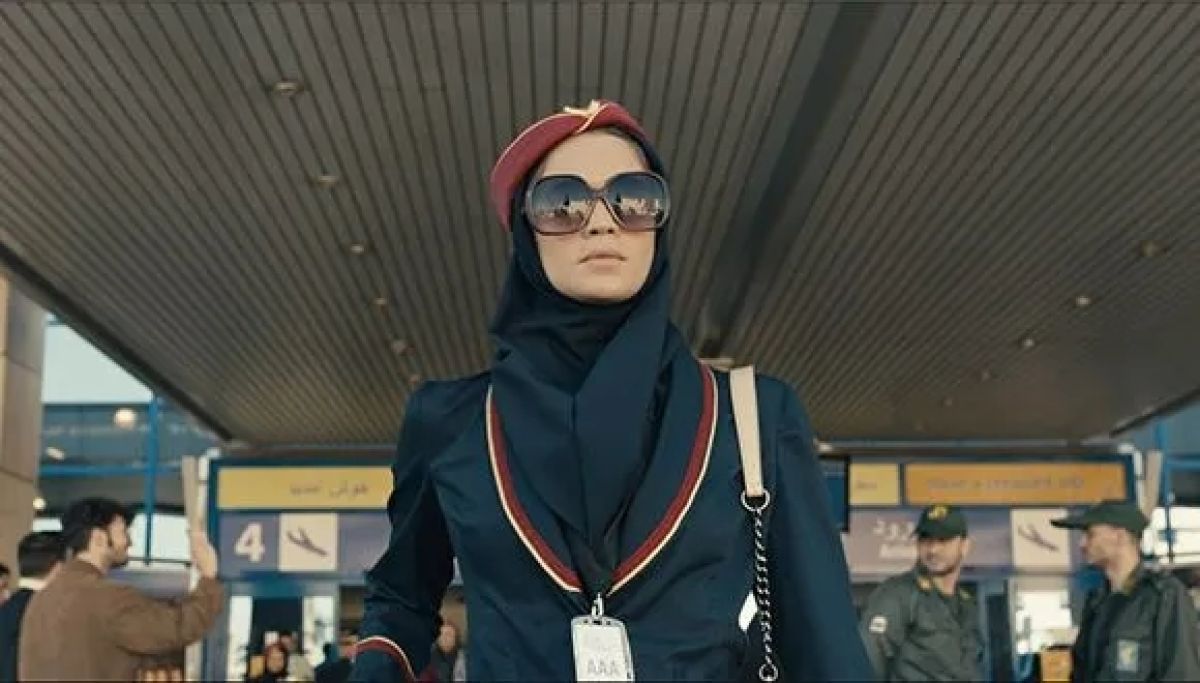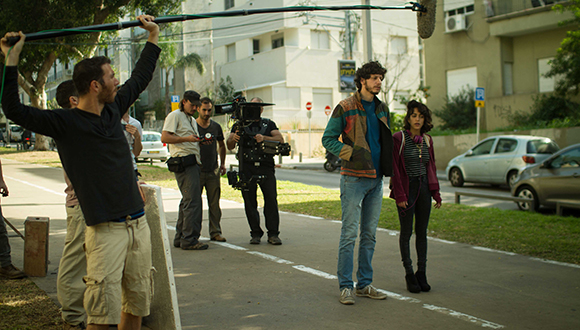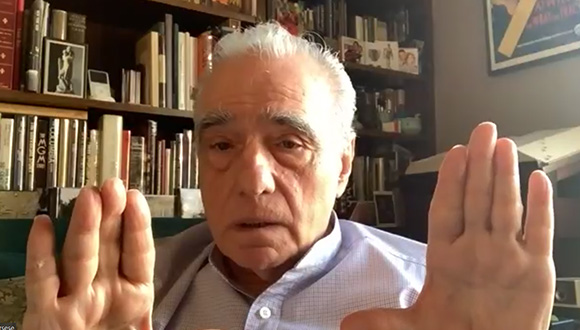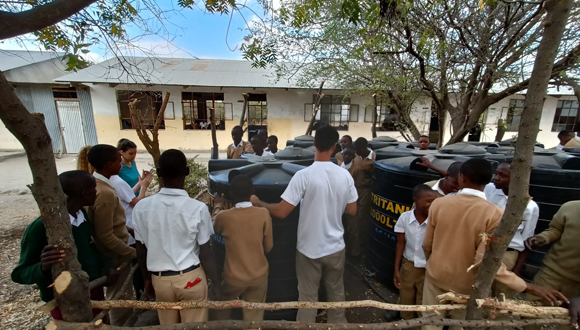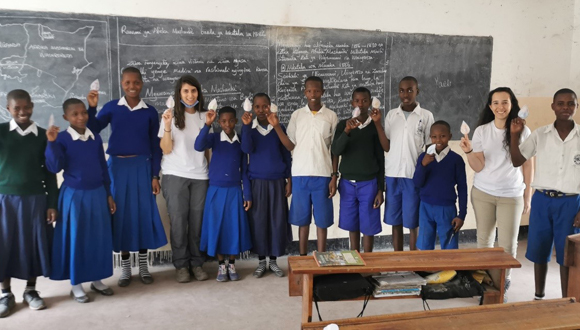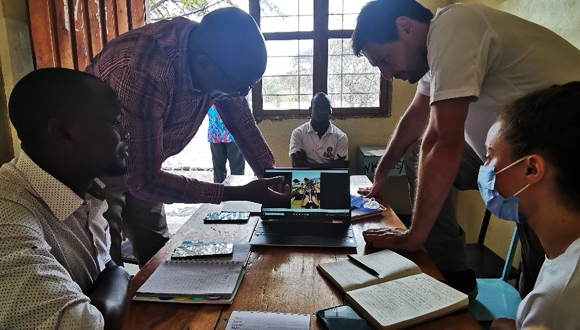A New Generation of TAU-Germany Ties
Who knew that there were so many Germany-related projects going on here at TAU?
Academic collaboration between Tel Aviv University and Germany is growing, as part of TAU’s wider efforts to develop research ties with the world’s leading institutions, attract outstanding students from across the globe, and provide Israeli students with the tools they need to prosper in the globalized era in which we live.
TAU has more than fifty active agreements with German institutions, which makes the country our largest partner in Europe, third in the world only after the US and China. An average of 200 German students study at TAU annually, while another 100 participate in exchange programs. We sat down with Maureen Meyer Adiri, Director of TAU International, to learn some more about Tel Aviv University’s current collaborations with German institutions.
Bilateral Student Opportunities
Meyer Adiri tells us that we have German students in all departments of TAU – some come for a single exchange semester, some for a complete undergraduate degree, others study for their masters and still others come to do advanced research in one of our labs. And the exchange goes both ways – she explains that Israeli students typically choose to study in Germany because of the rich offerings in English, multiple scholarship opportunities, the country’s high level of education in general – and the renowned universities with which TAU partners.
Many German students choose to study at TAU through the Erasmus agreement. Also, The German Friendship Fund was established during Germany Week by the German Friends of Tel Aviv University and is intended to support German students who wish to study here.
TAU also teaches a number of online courses jointly with German professors, specifically in the Humanities, Social Sciences, Law and Engineering, and this is a growing trend. In addition, there are lots of other types of collaborations between TAU and German faculty. An example includes a recent strong partnership project between Israel and Germany, in which students from TAU’s Graduate Program in Technology & Learning at The Jaime and Joan Constantiner School of Education successfully concluded a unique multilingual, multicultural academic online course in the field of learning technologies. The project was a result of a research collaboration between TAU’s Advanced Learning and Technology Research Lab led by Dr. Anat Cohen, The University of Kassel in Germany, and the Kibbutzim College of Education, Technology and the Arts in Tel Aviv.
“The COVID-19 pandemic, along with other societal challenges, have made global cooperation more important than ever. This unique collaboration brings together students from different backgrounds to create online academic collaboration as a booster for international partnerships in research, schools, and workplaces”, says Guy Cohen, a TAU research student who led the course together with Dr. Anat Cohen.
Recent Research Collaborations
Frankfurt and Tel Aviv are twin cities, and a strategic partnership has existed between Tel Aviv University and Goethe University Frankfurt since 1984. During the “Germany Week”, the two universities signed an agreement to establish a joint center for interfaith studies, The Center for the Study of Religious and Interreligious Dynamics, will become the first German-Israeli research institute of its kind.
In the near future, The German – Israeli Foundation for Scientific Research and Development (GIF) will partner with TAU and Ludwig Maximilian University of Munich (with which TAU already has joint calls for proposals and funds joint research projects), to run a scientific workshop for early career Israeli and German researchers on the interface of AI and society. “I believe we’ll see a growth in joint research projects in the years to come,” says Meyer Adiri.
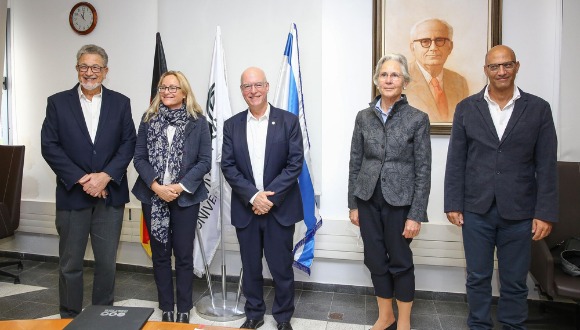
From the signing ceremony to establish a joint center for interfaith studies (from left to right): Prof. Menachem Fisch, Prof. Milette Shamir, TAU President Prof. Ariel Porat, German Ambassador Susanne Wasum-Rainer & Prof. Youval Rotman.
Germany Week
In celebration of the growing collaboration between TAU and Germany, the University recently celebrated “Germany Week” on campus. TAU International and the Student Union of Tel Aviv University organized a range of academic and social events celebrating German culture and academia, all of which were well attended and catered to both students and faculty members. Solid engagement of German TAU students ensured the cultural authenticity of German-themed events, which included a tour in the footsteps of German Jewry at the ANU Museum of the Jewish People; a discussion on themes in modern German literature; a Christmas market which was opened at the center of the TAU campus in collaboration with the German embassy in Israel, and much more.
“Germany Week by far exceeded our expectations from all perspectives”, says Meyer Adiri. “It contributed a lot to the awareness on campus about opportunities and collaborations that we have with our German partners, and it created an avenue for Israeli students to meet with our German students and to learn from them, have fun and party with them and to engage.” Following the event, many students have contacted TAU International, eager to assist with activities furthering internationalization. “We very much welcome students and faculty to take part in reaching out with ideas and to be involved in the next international events,” says Meyer Adiri.
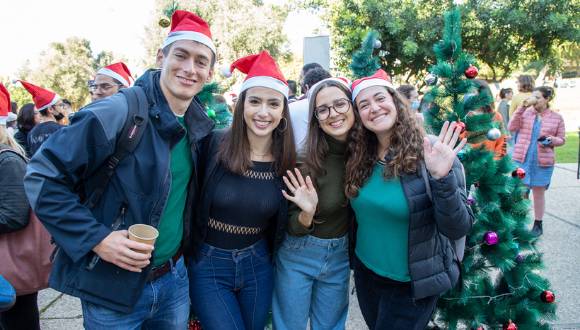
German exchange students help organize and enjoyed a German-styled Christmas Market on TAU campus
Germany Week kicked off what will be a series of international events, each of which will focus on the culture of a different country with which our university has strong collaborations, or from where we have many incoming students. In the case of Germany, both criteria hold.
The purpose of the International Week series is to further internationalization at Tel Aviv University. Curious minds may wonder why Germany was the first country to feature in the International Weeks series? Meyer Adiri explains that the order of the countries was decided according to the timing of significant cultural events taking place in those countries and to celebrate that event on campus. According to this logic, Germany was celebrated in December 2021 to coincide with the country’s legendary Christmas Market; “Brazil Week” will take place between 20-24 February this year, during the country’s famous Carnival festival; “India Week during the Holi Festival; “Mexico Week” during the annual Cinco de Mayo celebration and “USA Week” during Fourth of July.
Stay posted for Brazil Week and get ready to samba!
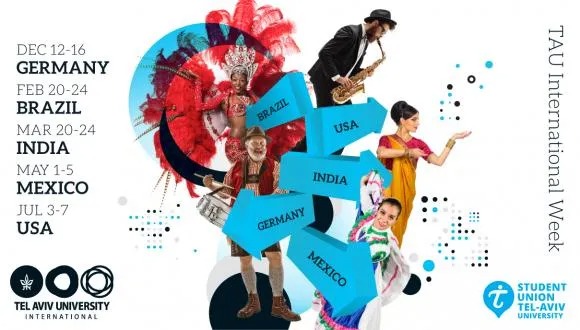
TAU International’s Series of “International Weeks”

